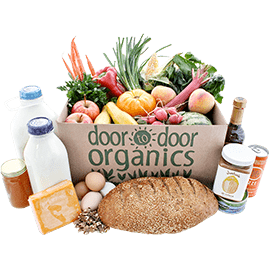Organic & Health Foods are a growing trend in the market, with consumers becoming more conscious about their health and well-being. This product category includes a wide range of subcategories such as organic fruits and vegetables, gluten-free products, natural supplements, and more. Quality and user experience are crucial factors when it comes to these products, as consumers rely on them for their health benefits. Many Asian countries, including China, India, and Thailand, are major manufacturing hubs for organic and health foods. However, sourcing from Asia can pose potential quality risks due to varying regulations and standards. Thorough Quality Control and Due Diligence are essential to ensure the products meet the required quality standards and are safe for consumption.



























